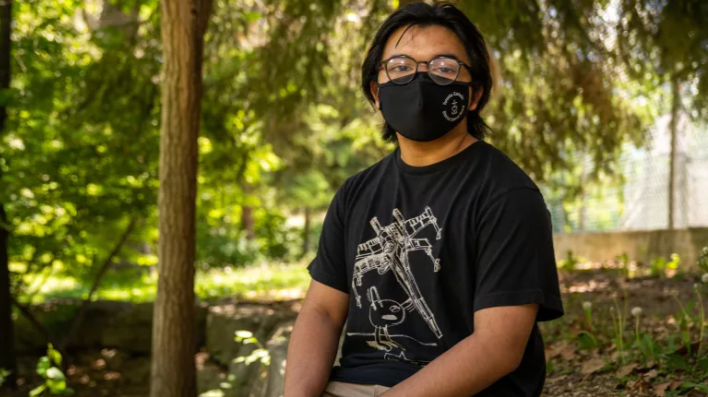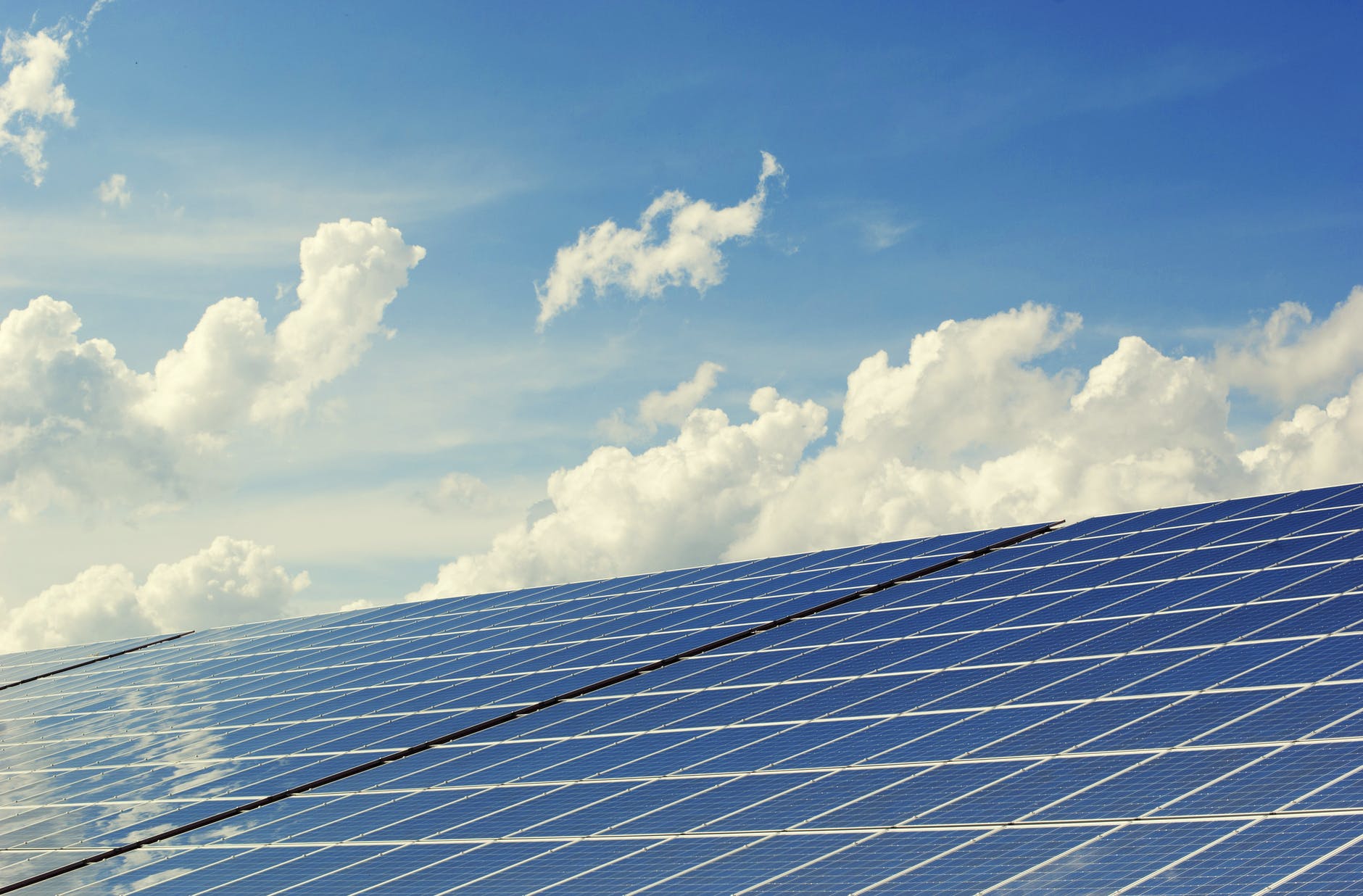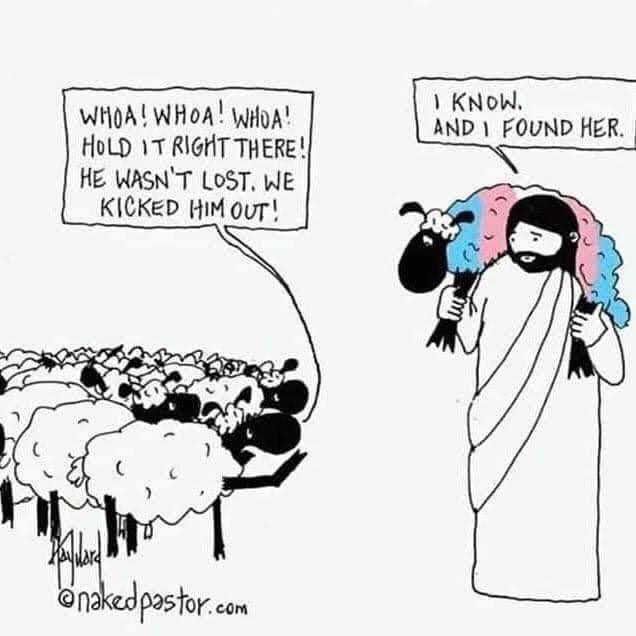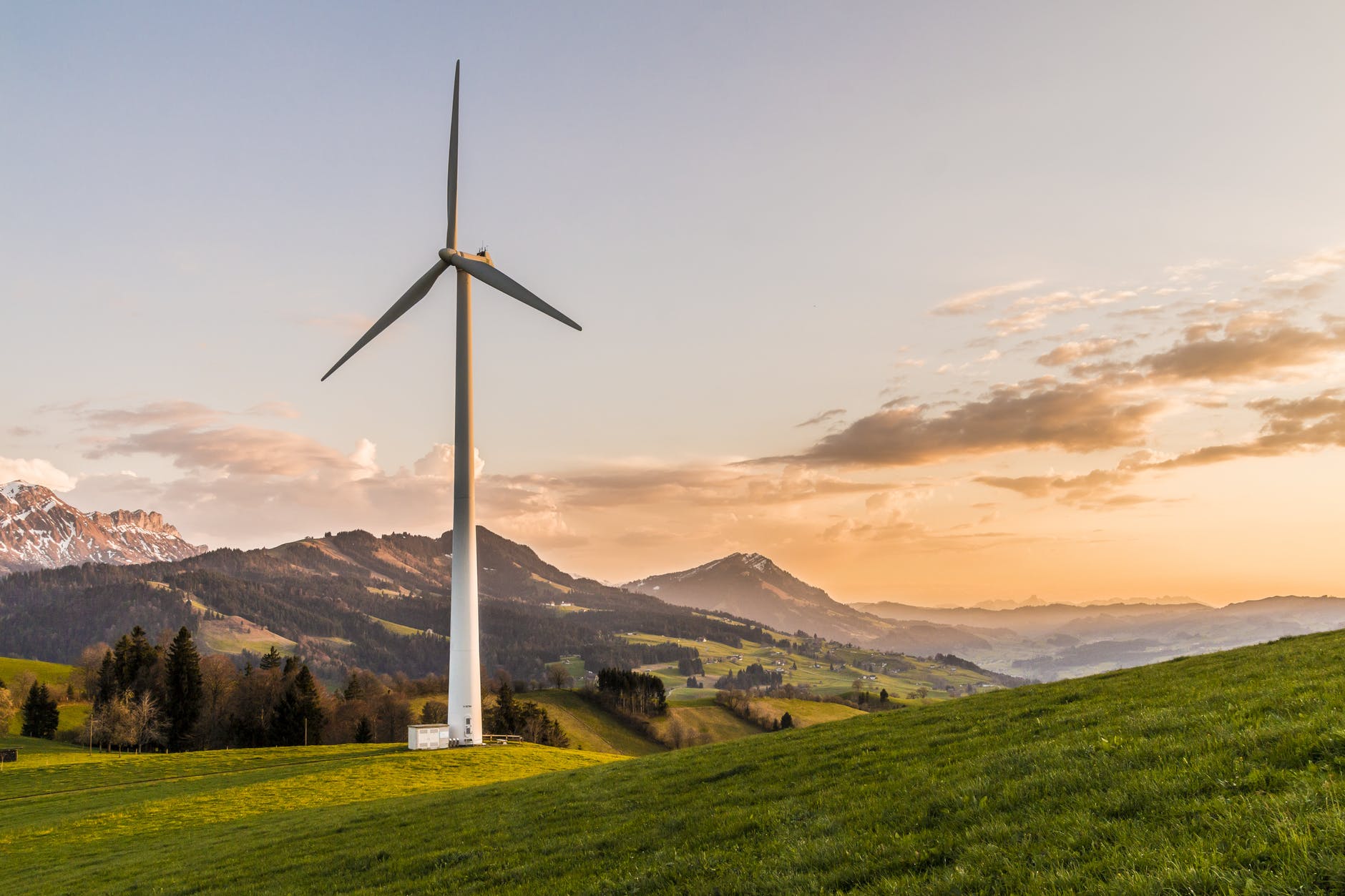
Although this is only a small step in the right direction, it is worth celebrating. At the same time, there is still a shocking level of resistance – within the Ontario Catholic system and in other places, to a move as modest as flying a flag to demonstrate inclusion. For the record, the “faith-based” resistance to full acceptance of our LGBTQ+ members is not new, and it’s not something I am going to use space articulating here (but it is cited in the article, above). I’m sure that we’ve all heard it before, and the focus here is on how to move forward, more positively, not on giving space to outdated and discriminatory ideas.
So, in order to help transform the conversation from negative, to positive, I (along with countless others that are working for more inclusive faith groups), would like to suggest the following as a reframing of how we view our faith and actions, for ourselves, and others:
Instead of the too-often used, traditional, inaccurate and discriminatory stance:
“My faith tells me, based on centuries old (mis)understandings of gender and sexuality, that you – and your basic core identifiers, or what you do with your body – are wrong, and I am right. For me to live true to my faith, I need you to change who you are, in order for me to tolerate you.”
Let’s switch to:
- “My faith tells me to love my neighbour, so I am called to accept and embrace the diversity (including gender, sexuality and many other things) that we all bring, without judgement or prejudice.”
- “My faith tells me to be a good neighbour, so I am called to serve others, instead of demanding that others change their core identity to appease me.”
- “My faith tells me that if I own two coats, and my neighbour has none, I should share – so therefore, I am called to give up my big house and move somewhere smaller, live simply, share my wealth, support a universal basic income and work to end wealth inequality in the world.”
- “My faith tells me to care for creation, so I am called to stop eating animal products, use zero waste instead of single use products, switch away from my gas vehicle as soon as possible, and vote for governments that take the climate crisis seriously.”
- My faith tells me to not kill others, so I am called to actively support peacebuilding instead of militaries, not own a gun, ensure that I am not glorifying war or weapons in any way, and actively vote in governments that show love to our global neighbours instead of engaging in war.”
- “My faith tells me to live at peace with others, so I am called to learn the history of racism and discrimination in the world, locally and globally, and actively work to deconstruct any misperceptions I may have about systemic racism in our world. Likewise, I am called to actively welcome refugees and other newcomers with open arms.”
- and so on…
Or, in the super-simplified form…
“My/our faith calls me/us to be better global citizen(s), and to serve others, without discrimination. One of the worst things we can do is latch on to the misguided idea that all we need to do is force someone else to change who they are (“be straight instead of LQBTQ+”, “don’t get an abortion”, “don’t be a refugee”…) and then that will be our ticket into heaven. Over and over, in countless faith traditions, we are called to change our own actions (giving up our own wealth, serving the poor and refugees, giving up our own power and status) instead of forcing change on others, especially on aspects of core identity, that break modern anti-discrimination laws in many countries. God calls us to give up our own privilege and wealth, (which is very hard to do), instead of demanding that others change who they are to appease us.”
So, with that, let’s get Pride Month going!
More info:
Taking a stand for her father and her family, she’s raising the Pride flag at her former Catholic school – CBC
…………………………………..
Looking for zero-waste, plant-based or sustainable items? Check out the MennoAdventures online store! There are always lots of great deals to be found, with our many amazing partners! Happy browsing!

















